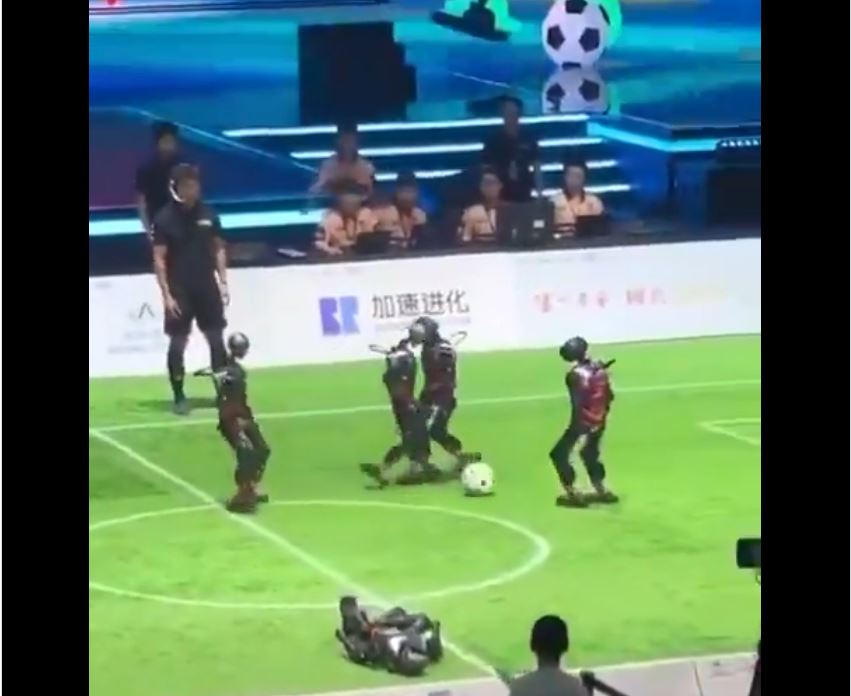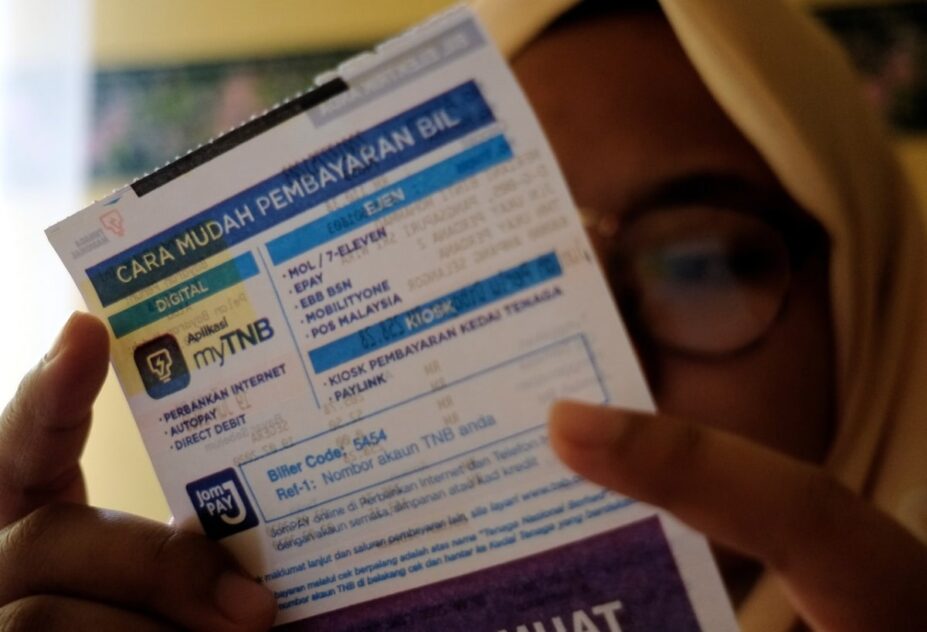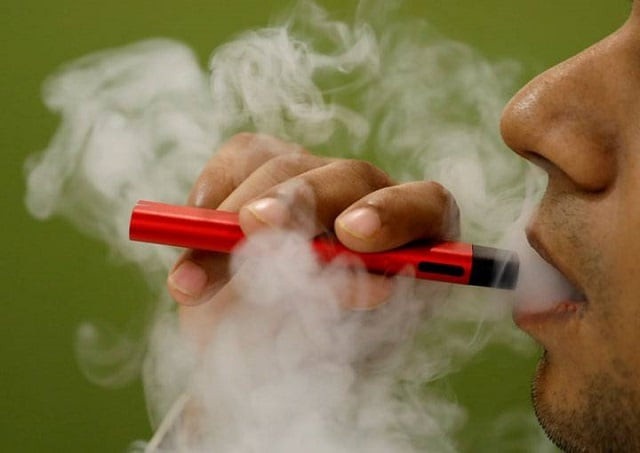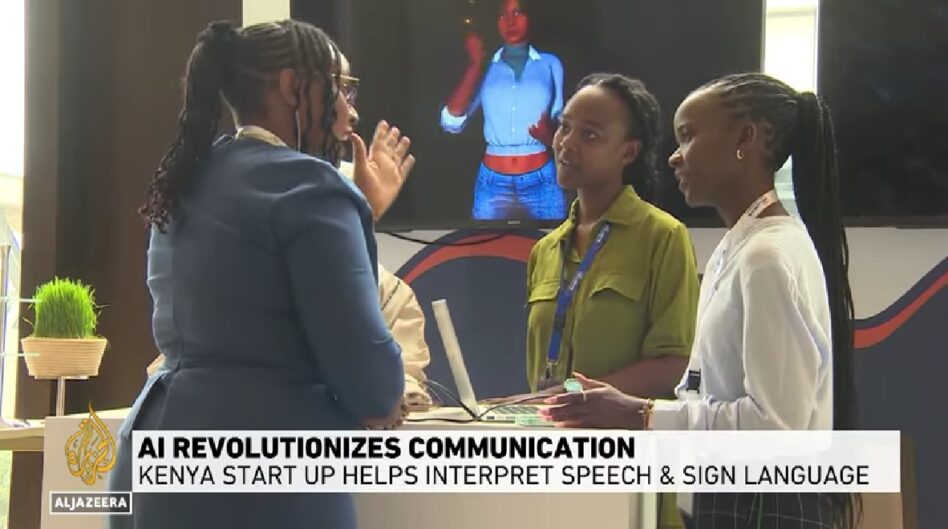AND when we thought writers and videographers are some of the few professions to be displaced by AI, think again.
Recently, China grabbed the headlines for its very unique, and hilarious AI robot soccer match.
While China’s technology has improved by leaps and bounds, we can tell that they still have a very long way to go to replace real humans in a soccer match.
The bumbling robots could be seen peddling about, struggling to perform simple kicks while trying to remain standing. Some even fell for no reason.
Adding to the comedy was the fact that the fallen robots were carried away on stretchers from the field.
News portal The Guardian that reported the news said, “While the modern game has faced accusations of becoming near-robotic in its obsession with tactical perfection, the games in China showed that AI won’t be taking Kylian Mbappé’s job just yet.”
China’s first AI robot soccer tournament debuts in Beijing with fully autonomous playpic.twitter.com/Ukq7y86XiQ
— Massimo (@Rainmaker1973) June 30, 2025
And how true is that. Cheng Hao, CEO and founder of Booster Robotics, the firm behind the robot athletes, believes that sporting events are an excellent way to test the capabilities of humanoid robots.
He envisions a future where humans could eventually compete against robots in sports.
However, when watching the recent robot soccer match, many observers might question why artificial intelligence, which can already write code, process data, and answer complex queries, still struggles with basic physical coordination.
This difficulty is explained by what’s known as Moravec’s Paradox, as highlighted by Medium. The paradox suggests that tasks humans find effortless, like movement and perception, are actually the hardest for machines to master.
Take, for instance, a mechanic tightening a bolt. They instinctively adjust their pressure, adding force if it feels loose or easing off to avoid over-tightening.
These subtle adjustments are second nature to humans because human senses and motor control have been refined over millions of years of evolution.
Robots, on the other hand, don’t share that evolutionary background. While they do have sensors, those tools are built by humans, and their digital “brains” must be explicitly programmed to make sense of what they detect.
In contrast, the human hand, directed by an intricate collaboration of nerves and brain signals, is the product of eons of biological fine-tuning, something no robot can yet replicate. But perhaps China can prove us wrong. —July 2, 2025
Main image: @Rainmaker1973 (X)









